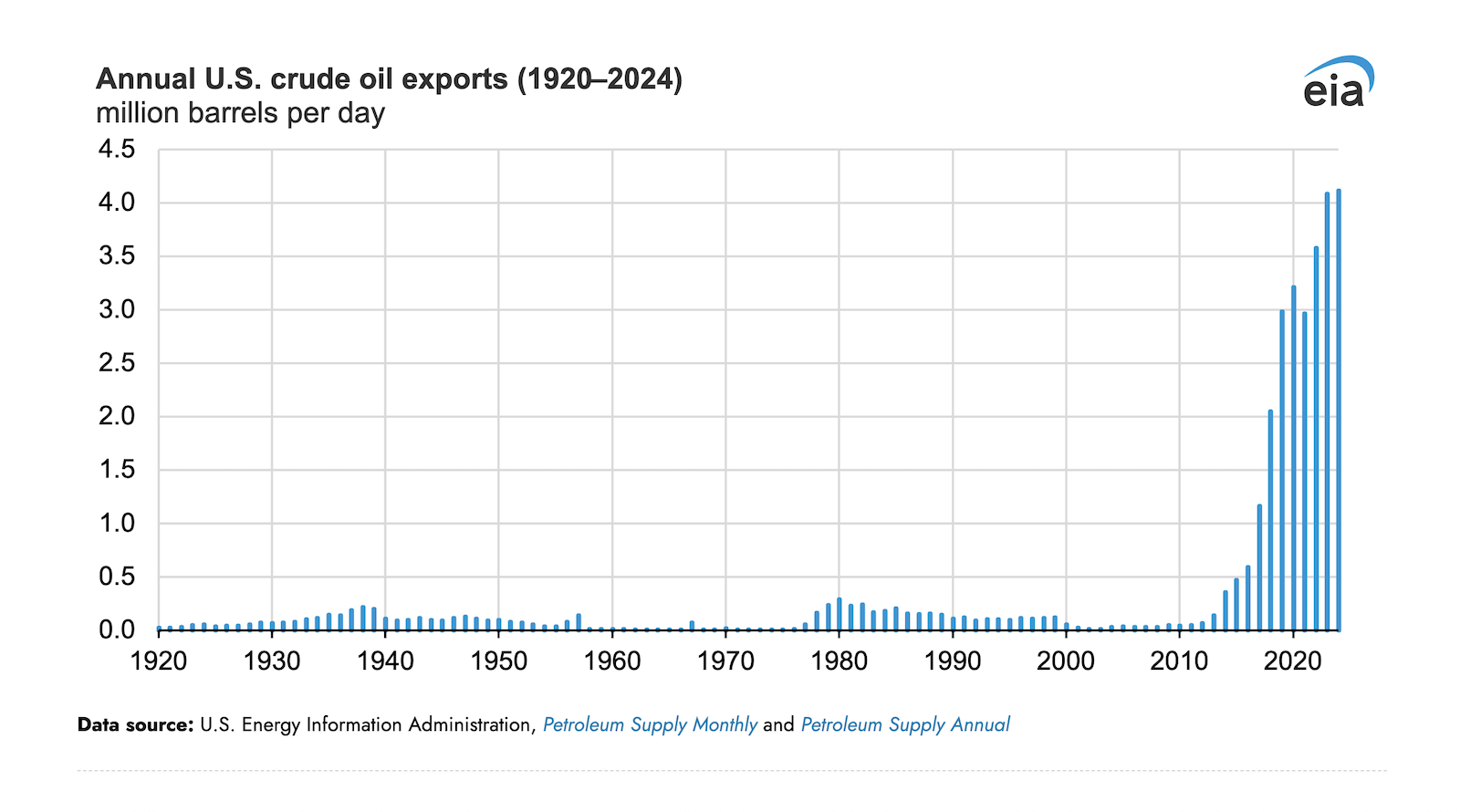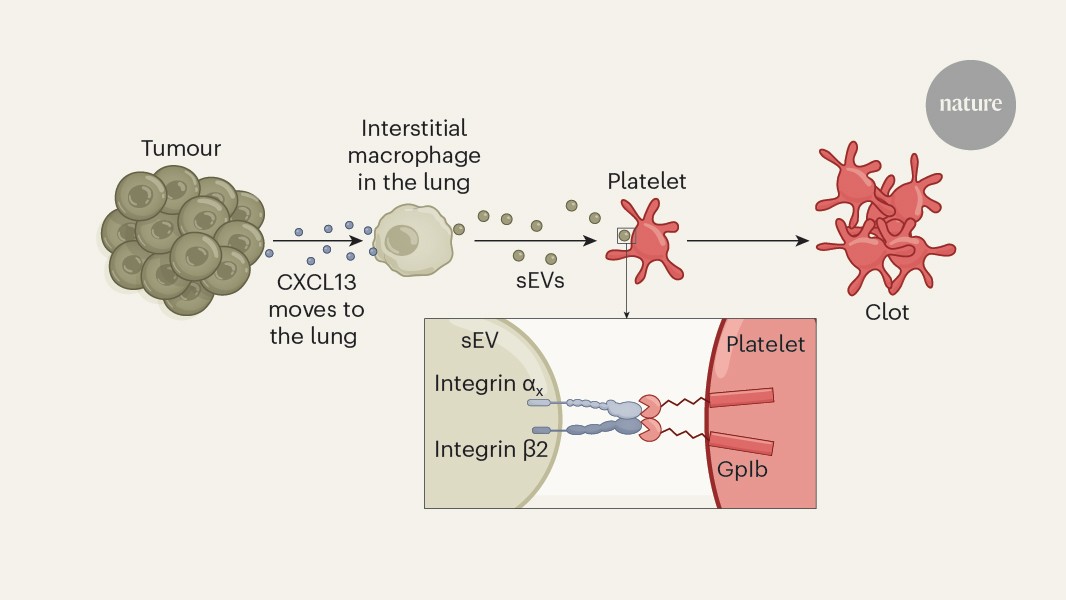Preventative Care as a Research Focus in Nursing
future. They do more than treat illness; instead, they guide stronger daily lifestyle habits to block future problems. This active method is called preventive care, and nursing studies explore its options for keeping individuals and local groups well. Study talks in nursing paper topics often center on preventive healthcare steps like shots, diet advice, and ... Read More
future. They do more than treat illness; instead, they guide stronger daily lifestyle habits to block future problems. This active method is called preventive care, and nursing studies explore its options for keeping individuals and local groups well.
Study talks in nursing paper topics often center on preventive healthcare steps like shots, diet advice, and group programs. These focused efforts aim to reduce long-term illness rates and enhance group health. By focusing on preventive care, nurses also improve overall patient results and cut costs before problems appear.
Nurses Understand Prevention Is Key
Nurses know that prevention is vital for reaching overall better health results. They help patients tackle risk factors early to lower chronic ailments like heart disease or diabetes. This early action cuts expenses and keeps these conditions from growing worse. Prevention leads to a better life with fewer health emergencies and less worry for families.
Research in prevention covers daily habits, living conditions, and social factors that affect a person’s wellbeing. Nurses study these links to build useful ways of teaching groups. They share simple tips on diet, exercise, and stress control with local groups. This helps people gain the know-how to boost their wellbeing, which leads to even healthier generations down the road.
Prevention Is Key for Overall Wellness
Keeping good health means more than treating disease; it also requires taking steps to prevent problems early. Nurses who focus on preventive care help people spot warning signs before they turn worse. Early detection allows faster action and lowers the chance of bigger health issues for many patients.
People often ask how prevention can improve life in every aspect of their daily routine. Nurses give vital help by showing patients how to manage stress well, keep good nutrition, and get timely checks, building a strong base for lasting health.
Preventative Research Benefits
Parts of healthcare gain value from preventive research. Nurses often run preventive studies for groups with higher disease risk, such as older adults or those with chronic problems, who benefit from early programs that step in before bigger concerns arise and reduce lasting harm.
Prevention research covers areas such as heart health by cutting risk factors like high blood pressure. It also looks at infectious diseases by boosting shots and focuses on nutrition by promoting healthier meals.
Mental and Workplace Health
Nurses aim to support mental and job health to ease stress through counseling or peer support. They also promote safe methods in hospitals or clinics for better overall care. By studying these areas, nurses guard patients and raise overall wellbeing for every age group.
Implementing Preventative Care in Nursing Practice
Putting preventive care into everyday nursing needs thorough, careful planning and dedicated teamwork among everyone, including doctors, therapists, social workers, and nurses themselves. Together with healthcare providers like doctors, therapists, and social workers, they create treatment plans to minimize risks. Gathering patient details early lets nurses spot health concerns faster; this requires setting up regular, ongoing checkups and giving very helpful nutrition classes as preventive steps.
Teaching patients is also vital for long-term health gains and better day-to-day outcomes. Nurses use plain explanations so people see why certain steps matter while setting real goals, like walking 20 minutes daily or eating fresh produce, which fosters higher follow-through and builds health benefits.
Obstacles to Preventative Care
While preventive care has many perks, its use is sometimes blocked by low funding or hectic work schedules. These limits reduce time or money for education efforts and cut chances for teaching healthy habits. Some patients also doubt medical advice or healthy-living aids, blocking active steps and leaving many unassisted when needed.
What are ways to beat these hurdles in preventive care? Financial backing for preventive programs helps, while training nurses in clear talks can fix barriers with unsure patients. Group classes or health fairs also reach people who lack vital healthcare support. Over time, preventive healthcare will become available for everyone.
The wide field of nursing offers many hopeful areas for research, with preventive care serving as a strong focus. This careful approach guides providers to shift from treating sickness to blocking it first, steadily steering care toward healthy habits. Nurses run studies and use real-world insights to find truly tested methods that boost better choices in all age groups. Their dedication helps local groups make wiser decisions much earlier, rather than waiting for problems to appear before taking action. They also strengthen neighborhoods by sharing firm evidence that links healthy daily habits with lower disease rates in nursing practice. As nurses gain more tools for strong prevention steps, their important work opens doors to safe spaces for patients. This focus shapes settings where people can thrive by staying healthy from day one instead of facing illness later. Learn how nurses are driving preventative care research to help patients adopt healthier habits, lower healthcare costs, and build a future with fewer illnesses.




























































































































![The breaking news round-up: Decagear launches today, Pimax announces new headsets, and more! [APRIL FOOL’S]](https://i0.wp.com/skarredghost.com/wp-content/uploads/2025/03/lawk_glasses_handson.jpg?fit=1366%2C1025&ssl=1)















